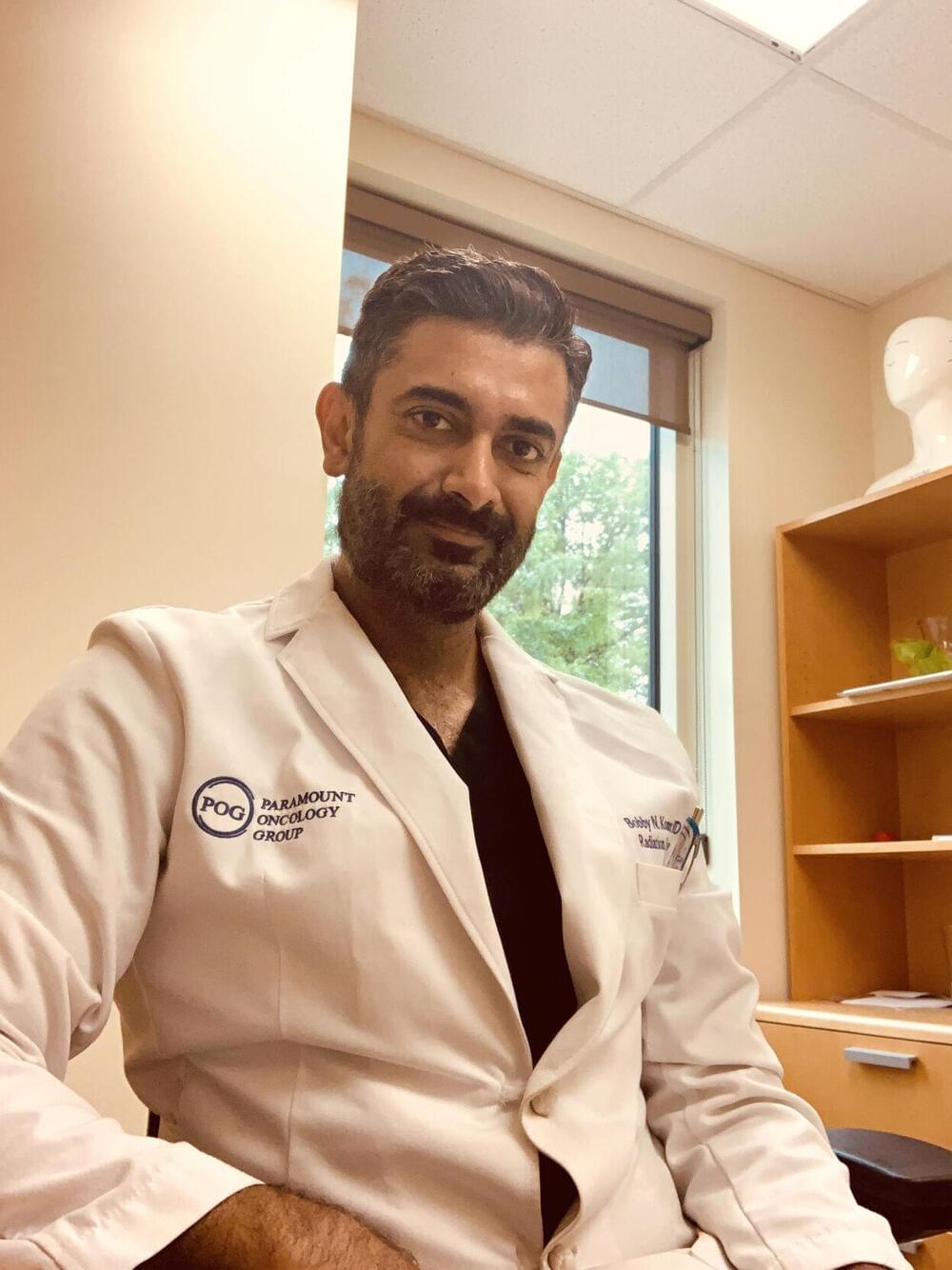In a groundbreaking study led by Dr. Karen Fitzgerald, six women between the ages of 45 and 65 experienced a remarkable reduction in their biological age by an average of five years in just eight weeks. The findings offer promising insights into the potential of lifestyle changes to combat aging.
The study, which focused on the distinction between chronological age and biological age, revealed that while chronological age remains fixed, biological age — the age of one’s cells — can be influenced and even reversed through targeted interventions.
Using Dr. Steven Horvath’s epigenetic clock, which measures 353 markers associated with methylation changes linked to aging, the researchers assessed the participants’ biological age before and after the intervention.
